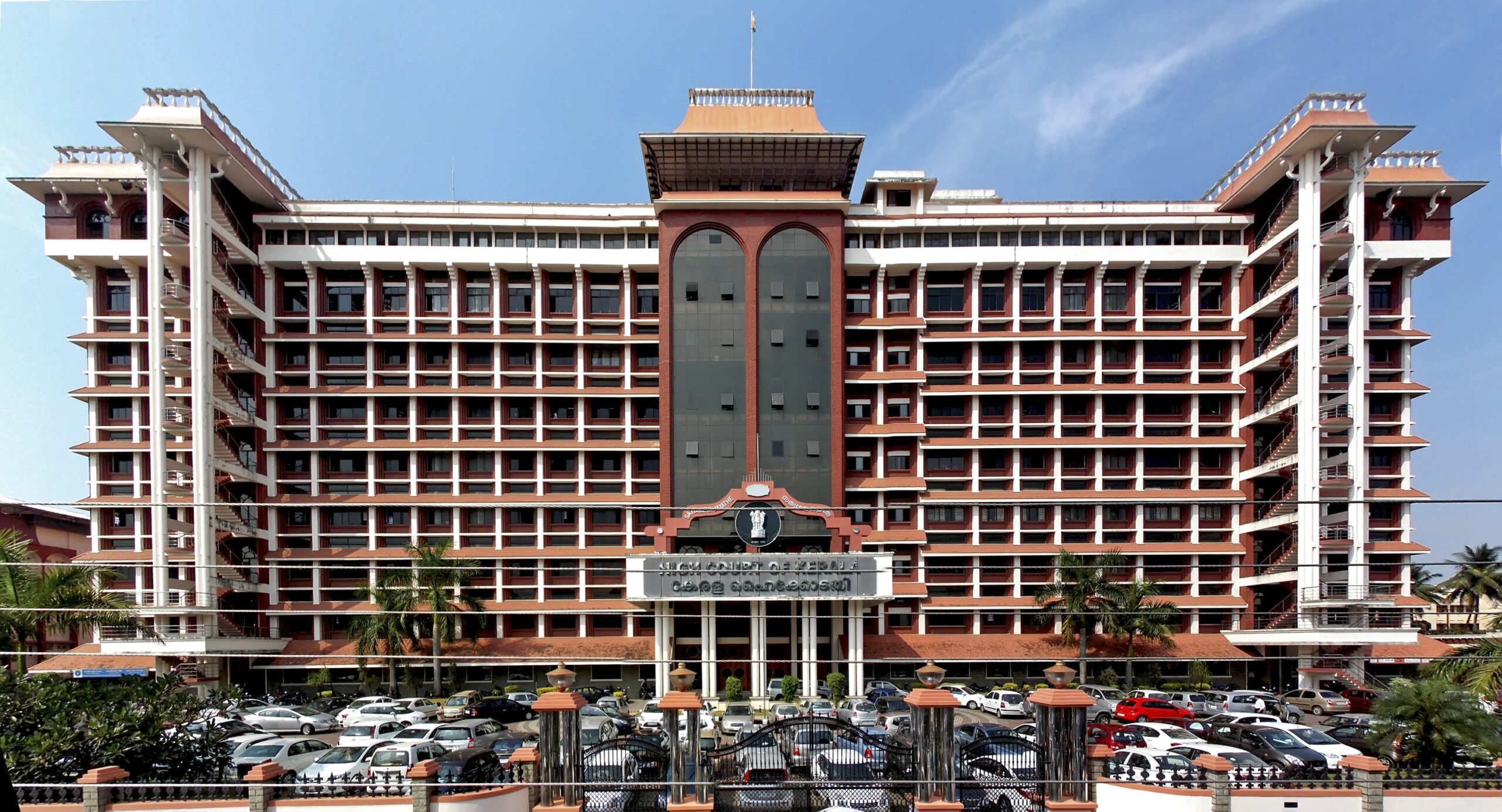Sending a clear message, Kerala high court has ruled that a father is legally obligated to provide maintenance for his child born out of an inter-faith marriage.
“We see no reason to deny the children born to an inter-faith couple legal right to claim maintenance from their father for the reason that there is no specific statutory provision mandating such a father to maintain his children. The caste, faith, or religion cannot have any rational basis for determining the parental duty of a father. All the children have to be treated alike irrespective of the faith or religion professed by the parents,” said a division bench of Justice A. Muhamed Mustaque and Justice Kauser Edappagath.
The Court said a son’s entitlement in such matters will be till he attains the age of majority while that of the daughter will be till she is married.
“Every child born to this world is entitled to be maintained. It is their right-both legal and moral…The duty to take care of the children has also been duly recognized as an enforceable obligation in the entire civilized society,” the court said
It was also ruled that an unmarried daughter born to an inter-religious couple is entitled to reasonable marriage expenses from her father.
The court was hearing an appeal from the father against the Family Court’s decision. The court had ruled that the daughter was entitled to all the reliefs claimed by her from her parents.
The father being a Hindu and the mother being a Muslim had an inter-faith marriage in 1987, and they were blessed with a daughter.
In 2010, the daughter moved to the Family Court against her parents seeking past and future maintenance, educational, and marriage expenses under the Hindu Adoptions and Maintenance Act, 1956.
Father however disputed his liability to pay the same and contended that the petition was not maintainable under the Act.
On analysis of evidence, the Family Court found that the daughter was brought up as a member of a Hindu family and inasmuch as the appellant is a Hindu, her plea invoking the Act was perfectly maintainable.
As such, on merits, the Family Court ruled that the daughter was entitled to all the reliefs claimed by her from her parents. The appellant moved the High Court challenging this order of the Family Court.
The Bench however found fault with the finding of the Family Court that the daughter was brought up as a member of a Hindu community.
In the petition, the daughter had admitted that the father had left her mother when she was three years old. She was thereafter under her mother’s custody and guardianship till her mother married another person in 1997. After this, she was brought up by her maternal grandparents, who are Muslims.
“Thus, it is clear that after three years of age, she was not brought up as a Hindu,” the court said
Furthermore, the daughter got married to a Muslim in 2012 which was solemnized according to Muslim rites. Their marriage invitation card proved the same.
According to the Court, all these records indicate that the daughter was brought up as a Muslim, and not a Hindu.
“Hence, the finding of the Court below that the first respondent was brought up as a member of the Hindu community and, therefore, the provisions of the Hindu Adoptions and Maintenance Act, 1956 would apply cannot be sustained, ” the court said
The Bench further noted that the Muslim Personal Law also cannot be applied since both parties are not Muslims.
Delving into the issue at hand, the Court found that there was no substantive law mandating a father of a child born out of an inter-religion marriage to maintain it. The Special Marriage Act, 1984 was also silent on this.
However, the Court noted that under the law, the custom and the statutes recognize the father as a natural guardian. He is entitled to the custody of the minor child’s person and property.
The Court noted that marriage is not a ceremony anymore in society. It added that gone are the days when marriages used to be austere.
“Extravagance has become the hallmark of marriages. The sacred occasion of marriages is now being considered as an appropriate opportunity to show off. Pompous marriage functions are trending, destination weddings keep on increasing. The wedding industry has become one of the biggest in the country – more than 10 million marriages take place every year. However, the coronavirus pandemic has taught us that a small intimate marriage ceremony with no celebration or even virtual wedding is possible,” the bench said.
The court noted that the daughter had married according to Muslim rites and pointed out that Islam advocated simple marriage ceremonies.
Additionally, in Islam, there is no obligation for the father to offer money, gold, or dowry to his daughter. Even the marriage feast is to be provided by the bridegroom and not by the bride’s father.
Hence, it was found that there is absolutely no justification in directing the appellant to meet all the marriage expenses allegedly incurred by the first respondent especially the amount spent for the purchase of gold ornaments.
Considering that only Rs 1.73 lakh was spent on other expenses except for gold, the Court granted a sum of Rs. three lakh finding it to be a just and reasonable amount towards the marriage expenses.
Discover more from The Kashmir Monitor
Subscribe to get the latest posts to your email.




